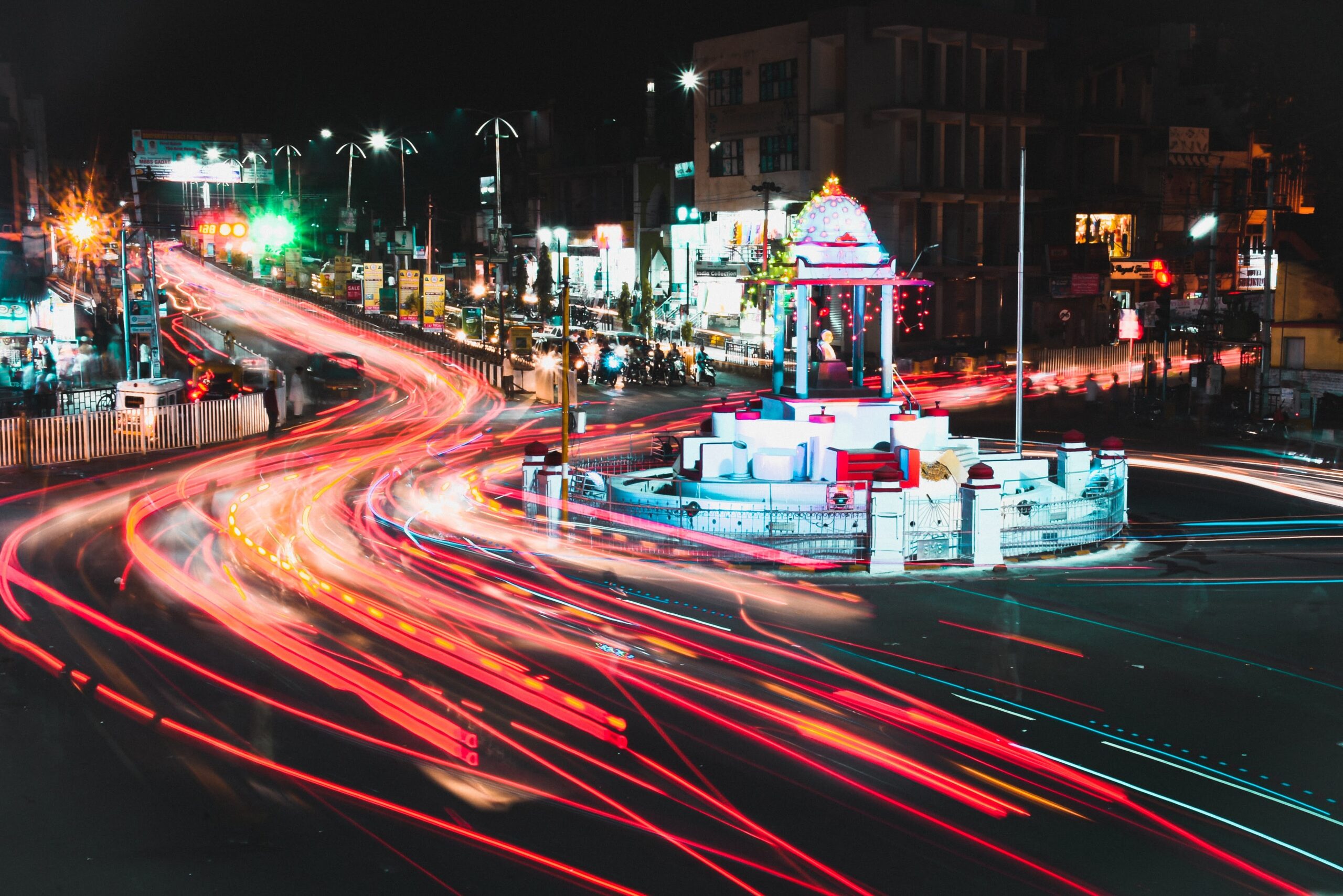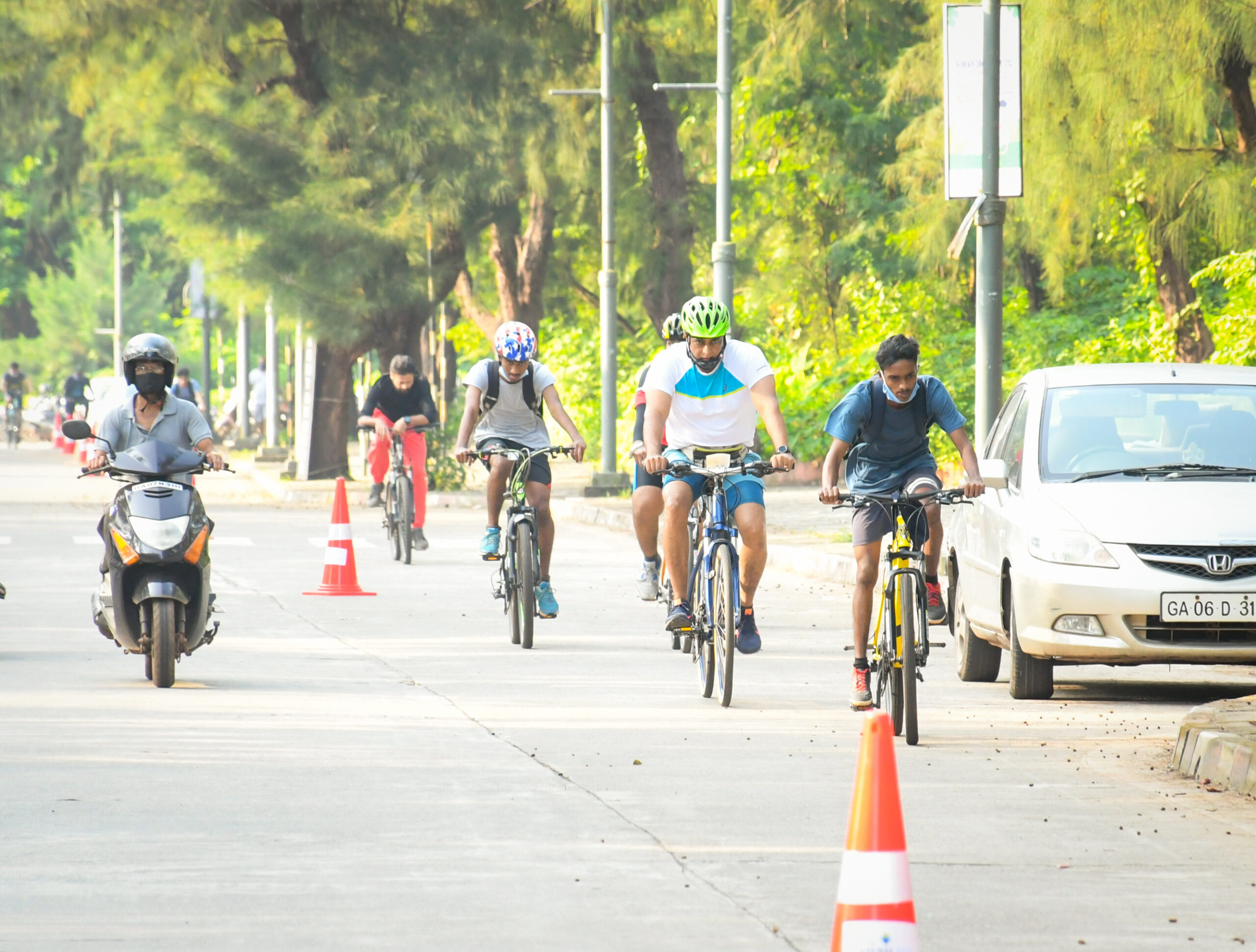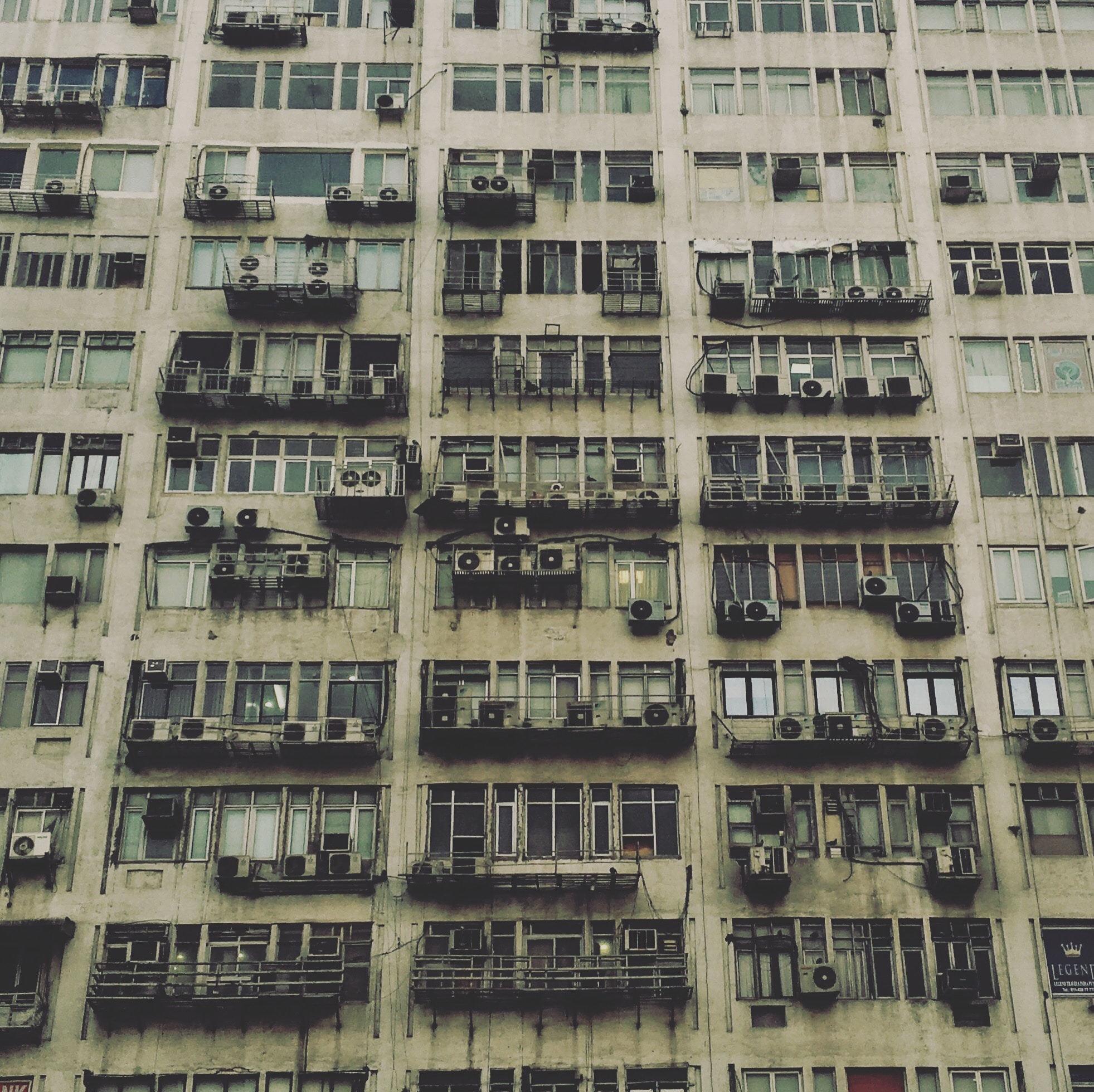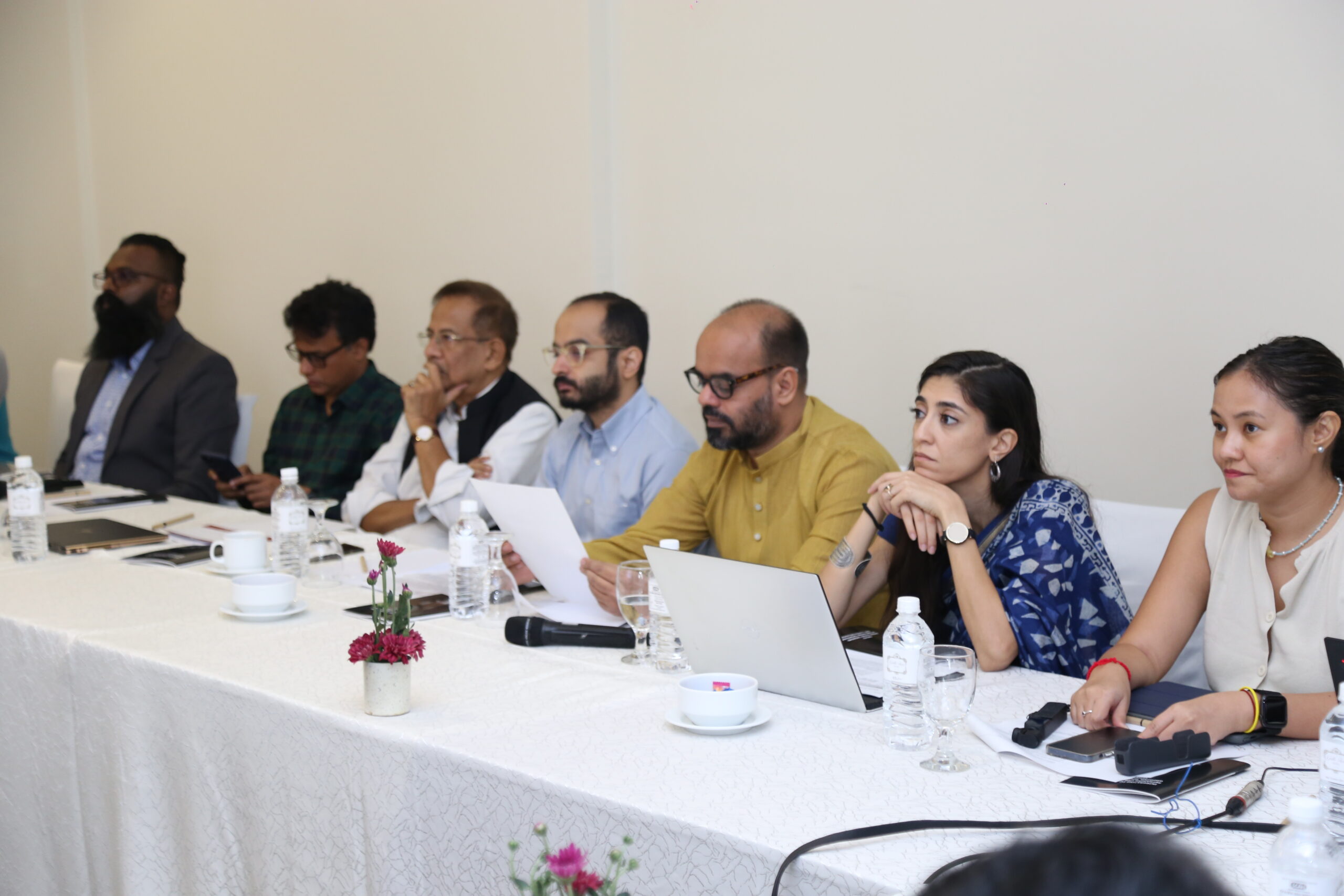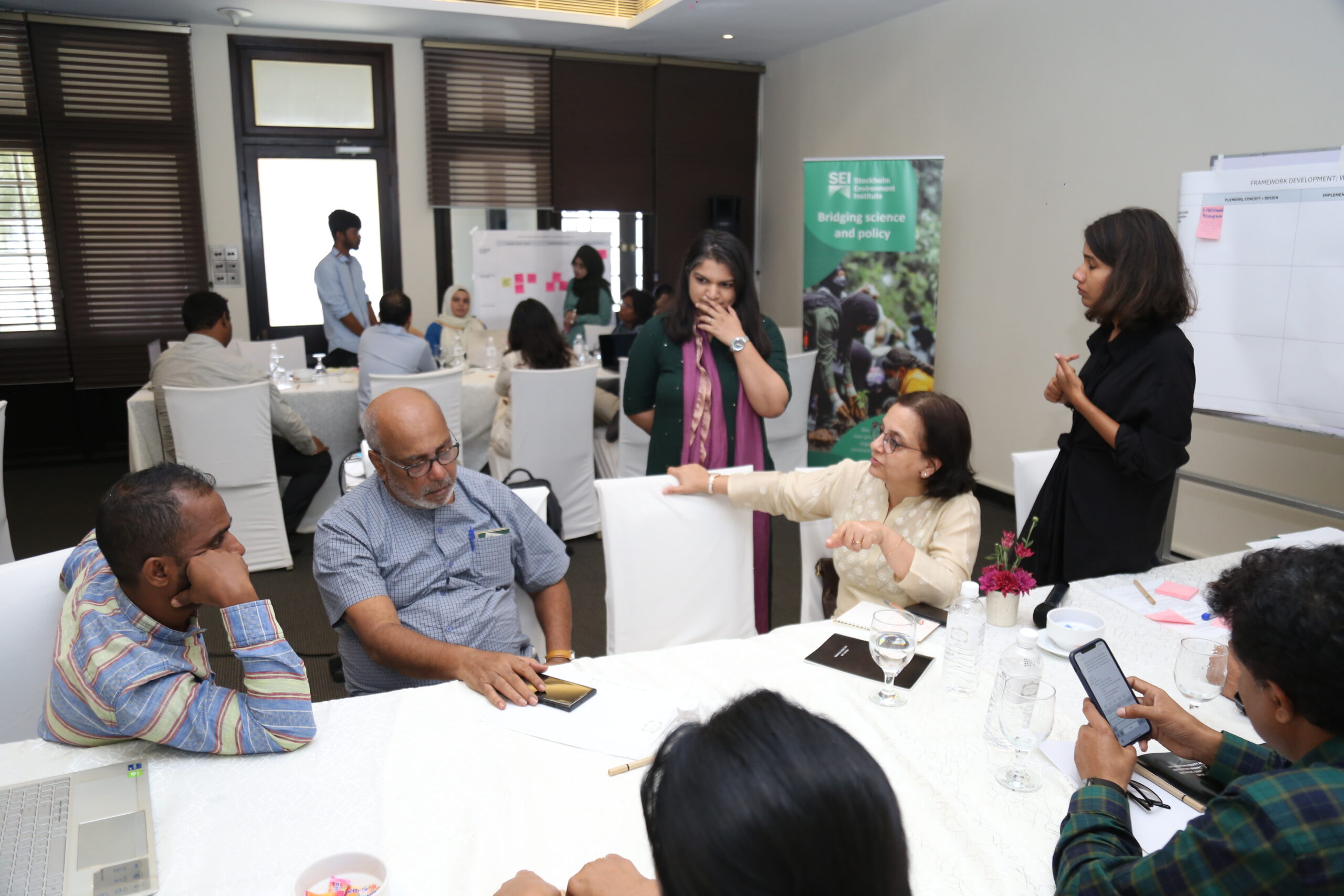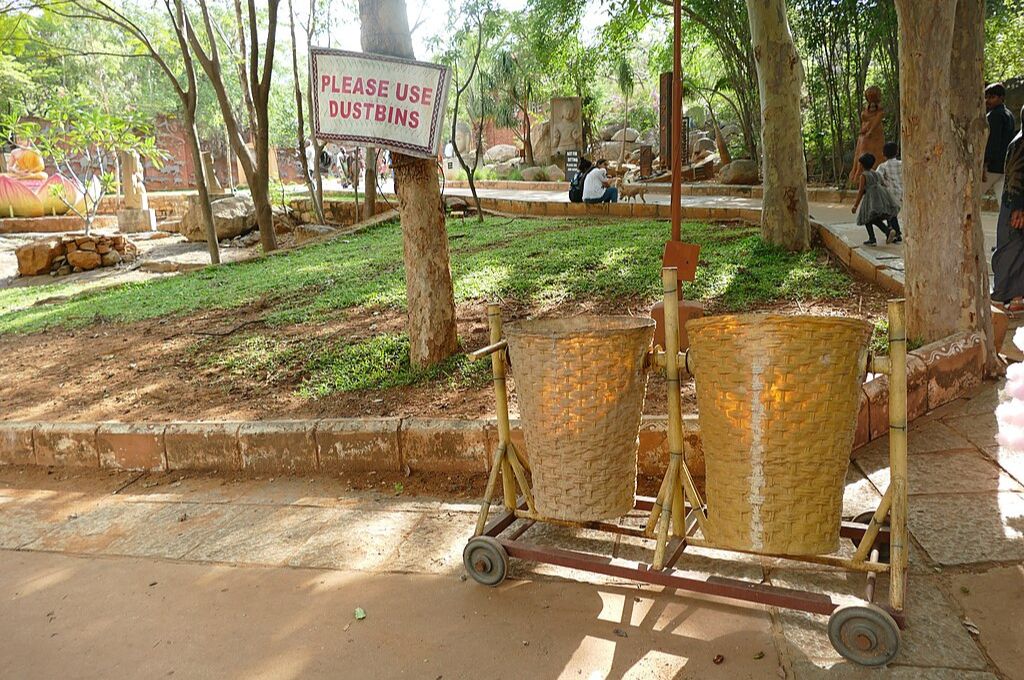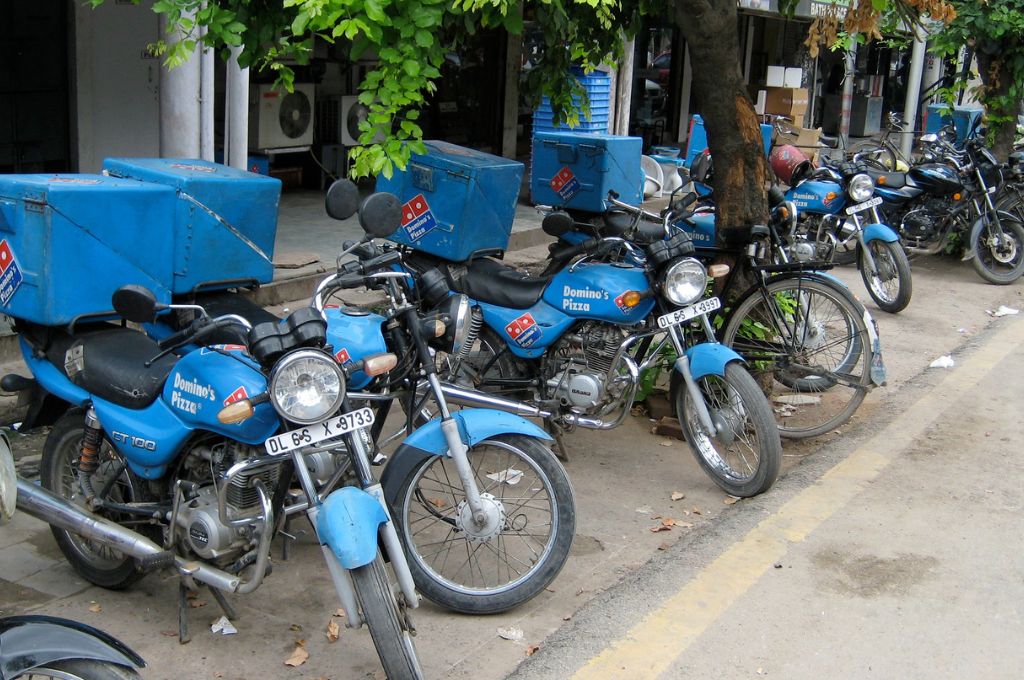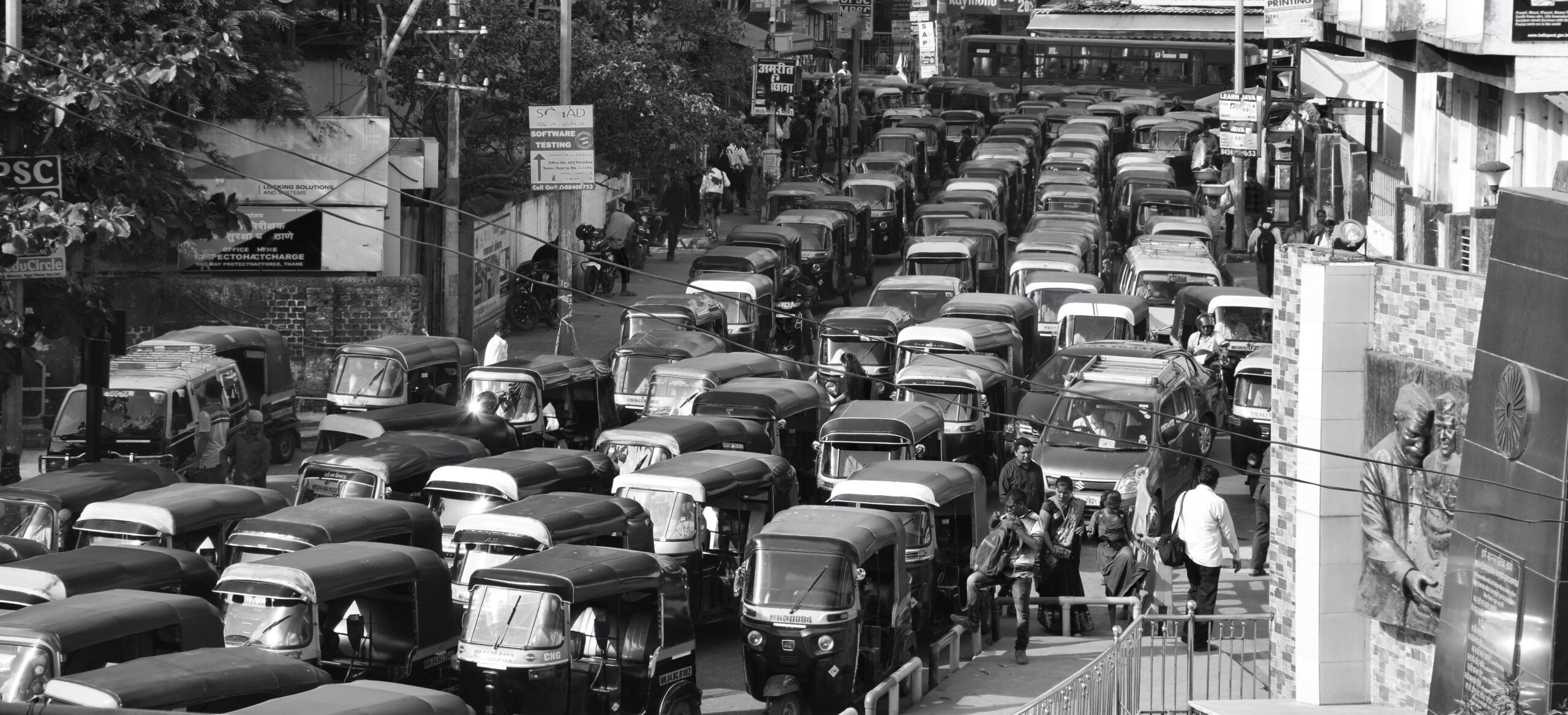Our Publications
Our insights and analysis of sustainable transitions that shape policy narrative and future practice
ALL PUBLICATIONS
For more effective low carbon mobility transitions, there is a need to consider the interlinkages between EV policies and urban mobility plans, policies governing energy transitions and carbon emitting sectors, consumer uptake, and lifecycle carbon emissions for EVs.
Our recent Talking About Transitions Dialogue, Building a Net Zero Society, unpacked the importance of social transformations to achieve a low carbon transitions in Indian cities. How can we leverage behaviour change, equitable urban planning and innovative planning approaches to create an equitable net zero future?
As India grapples with extreme urban heat, the demand for and usage of air conditioners is skyrocketing. This growth in energy consumption for cooling is harming India’s ambitious net zero targets. How can we combat urban heat while meeting our growing cooling needs more sustainably?
Acknowledging the cultural and contextual dimensions of climate change is crucial in the realms of science, policy, and practice. While AI has the potential to aid decision-making processes, it must be approached with caution to prevent exacerbating underlying injustices. Human experiences should not be overlooked in favour of algorithmic solutions.
Nature in South Asian cities is highly contested: cities must incorporate community visions, indigenous knowledge and local uses of nature in cities to achieve climate and development goals.
Nature-based solutions can help address environmental challenges in cities but community involvement and engagement is crucial to utilize local knowledge and create sustainable solutions.
Policymakers must recognise behavior change as an important tool to inform climate policies and communication, and enable individual climate action.
Platform companies, governments, and regulatory bodies must work together to effectively address heat stress for vulnerable communities like delivery workers in Indian cities.
There is an urgent need to reimagine a sustainable future with an environmentally conscious lifestyle at the individual, household and community levels.
Conserving urban wetlands and integrating them into communities is extremely crucial for India’s carbon sequestration and climate resilience goals.

